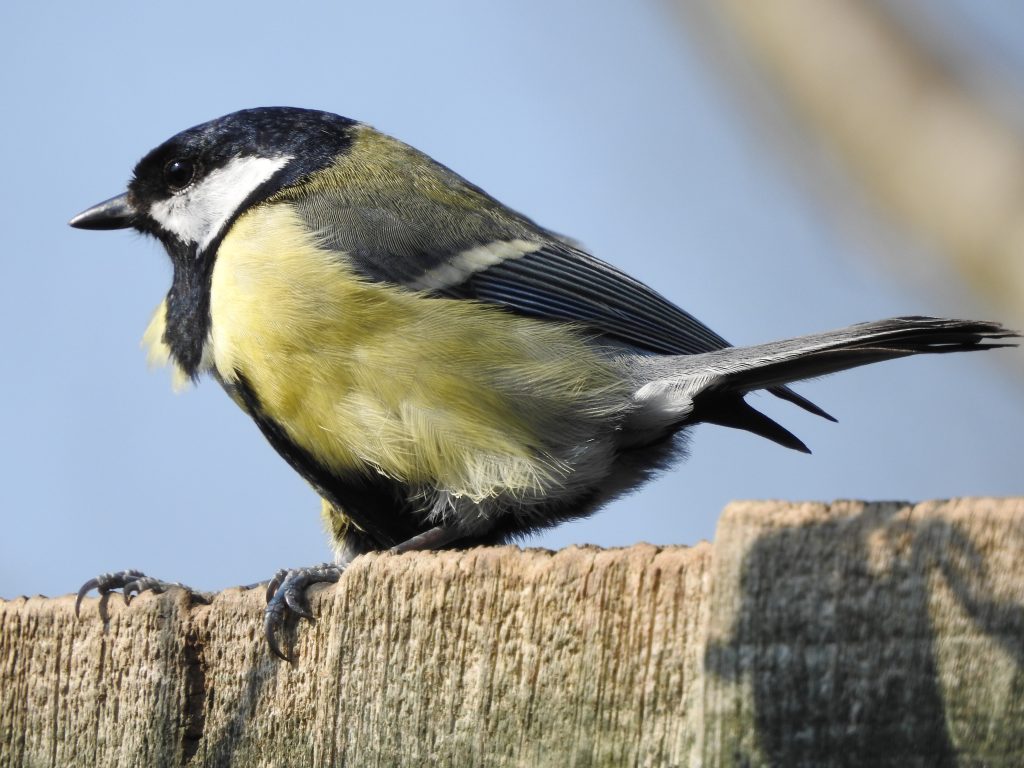
The Daily Mail reports great tits are laying their eggs up to a fortnight earlier than they did 60 years ago, according to a new study, which found it is a consequence of climate change.

The Daily Mail reports great tits are laying their eggs up to a fortnight earlier than they did 60 years ago, according to a new study, which found it is a consequence of climate change.
The Guardian, and The Indepdent report seabird carcasses discovered along Northumberland, North Yorkshire and Scottish shores, with many more found emaciated.
The UK Centre for Ecology and Hydrology (CEH), which is investigating the cause of the deaths, said the majority of the birds were guillemots. Puffins and kittiwakes have also been affected, but on a smaller scale than guillemots and razorbills.
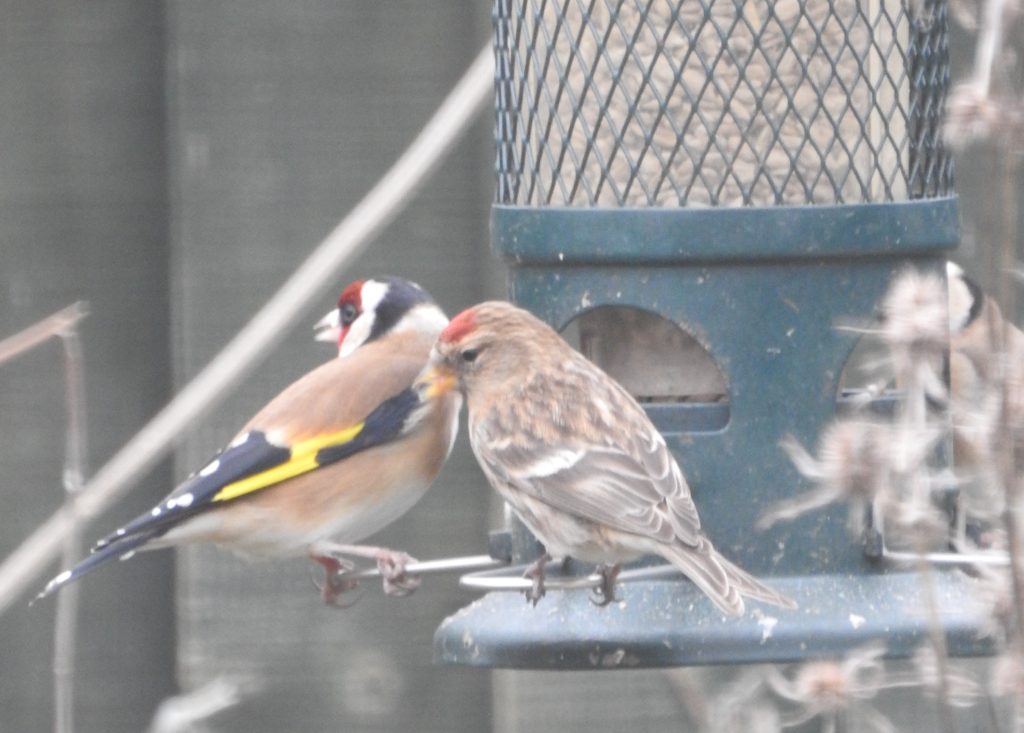
The BBC reports the regular feathered visitors to the bird feeders I hang in a particularly lovely tree outside my kitchen window are a welcome dose of colourful nature in a sometimes repetitive daily schedule. So the suggestion that my conscientiously topped-up supply of “premium mixed wild bird seed” is anything other than a positive boost for local wildlife has come as something of an unwelcome surprise. But evidence has been building recently that supplementary feeding could disrupt a delicate ecological balance beyond our windowsills and gardens.
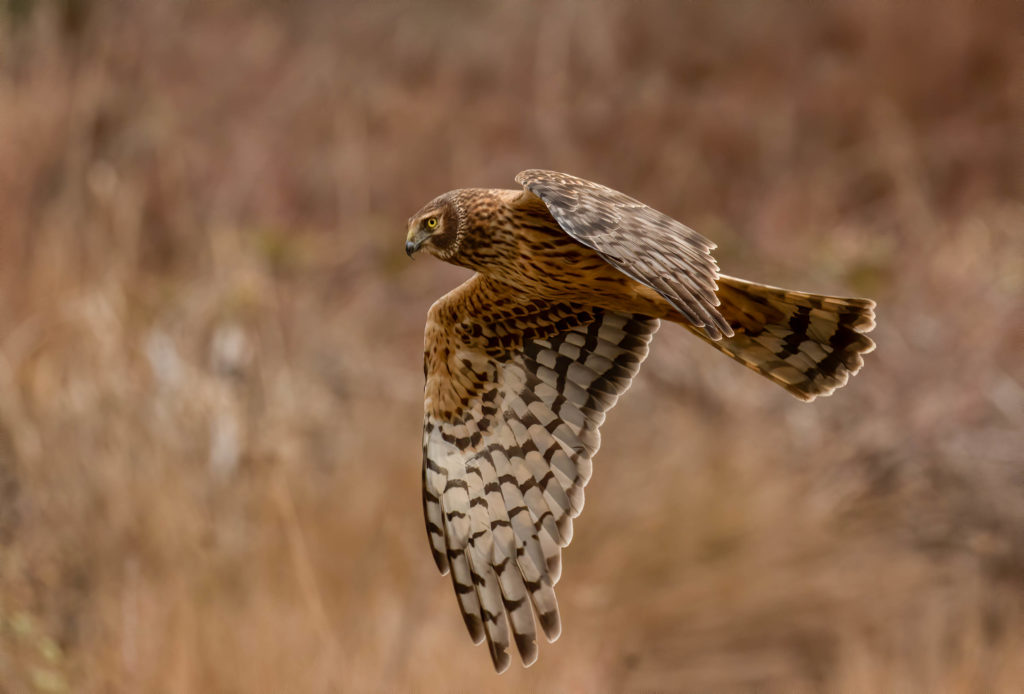
The Guardian reports the endangered hen harrier is continuing its recovery from near extinction in England with this summer set to have the highest number of chicks fledging since 2002. Of 24 successful nests producing at least 77 fledged chicks this summer, 19 were on moors managed for red grouse, according to the Moorland Association.
I News reports some eggs contained as many as six types of a common plastic chemical that could damage cells, a new study has found.
The Oserver reports the Egyptian birds are one of a number of foreign visitors, but why have these continental drifters fled north?
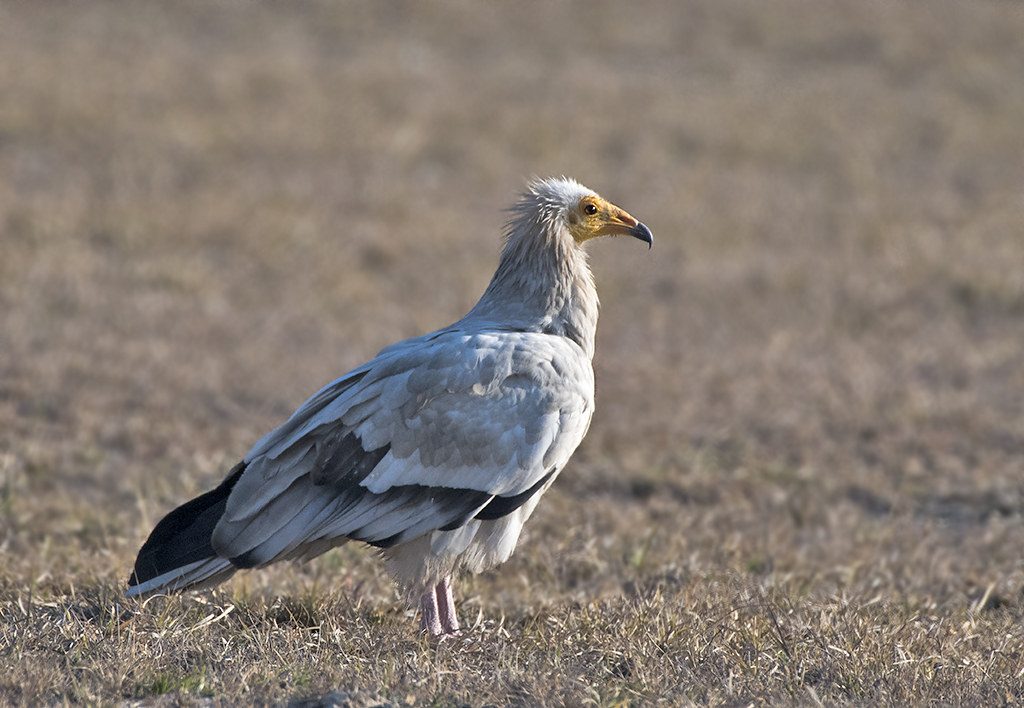
BBC News and The Indepedent report described as a “once-in-a-century” sighting, it is thought it may have come to the Isles of Scilly from Northern France.
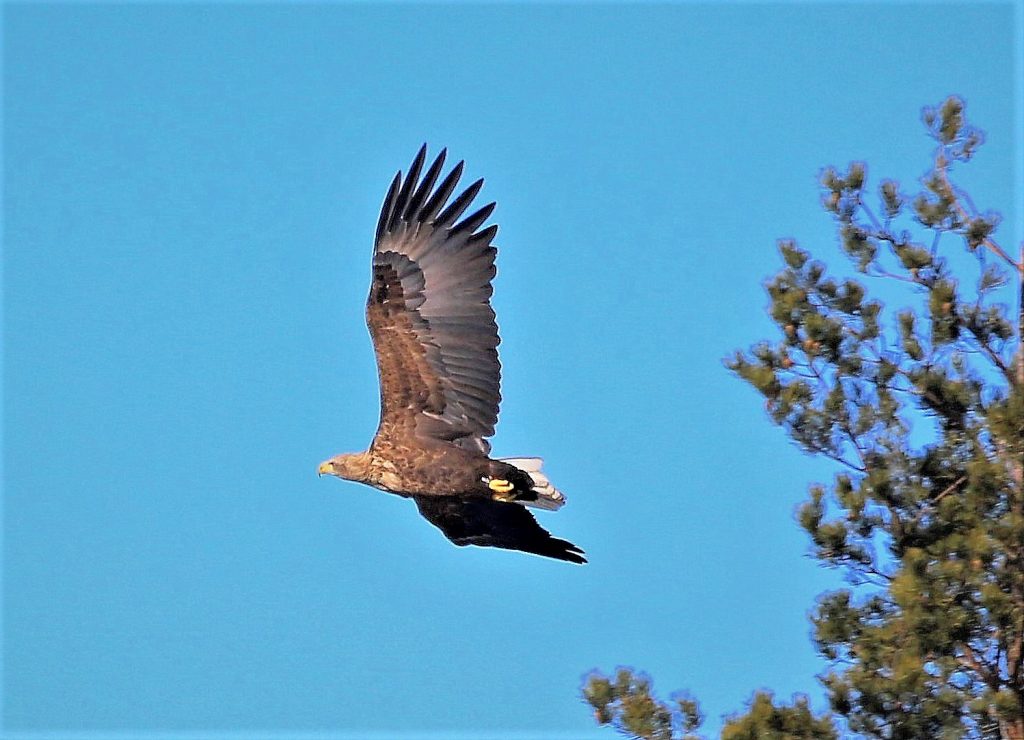
BBC News reports the eagles, the UK’s largest bird of prey, have since been observed searching for suitable nest sites, suggesting they intend to stay. It is believed that this is the first time sea eagles have settled at Loch Lomond since the early 20th Century.
Persecution and habitat changes led to their extinction across the UK some time soon after 1918. Their reintroduction to Scotland, first in the 1970s and again in the 1990s and early 2000s, has been a conservation success.
ITV News reports climate change and overfishing are threatening England’s native seabirds – the kittiwakes. Their numbers have halved since the 1960s. The Royal Society for the Protection of Birds (RSPB) is warning about the devastating impact of humans on England’s native Kittiwake.
Its message coincides with World Oceans Day. Dr Euan Dunn, from the RSPB said: “The sea is warming dramatically around us and that is unravelling the food web, particularly hitting sand eels, the staple diet of kittiwakes, very dependent on this small shoaling fish.”
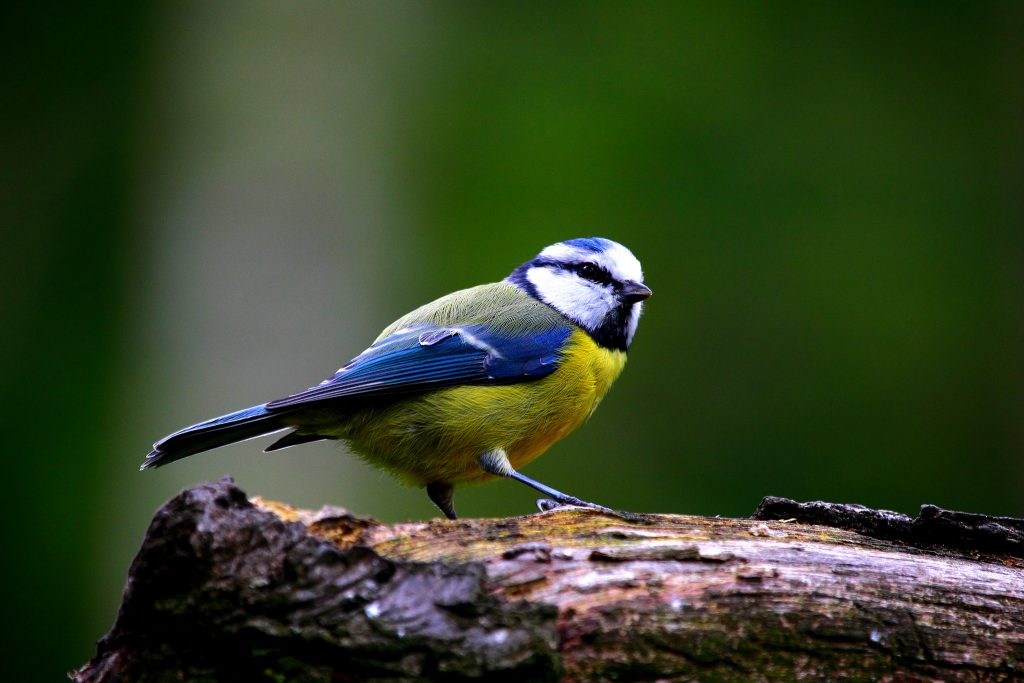
The Times, iNews, and Daily Mail report the peanuts may be supplied with the best of intentions but your bird feeder could be wreaking havoc on the local ecosystem. A study suggests that the spoils of bird feeders are not being divided fairly, with blue tits outcompeting more timid woodland rivals.
By analysing the droppings of blue tits in Scotland, researchers could gauge the impact of feeding by humans. Nest box occupation increased from 25 per cent in areas where no human-provided food was present in birds’ guts to about 75 per cent where it was.